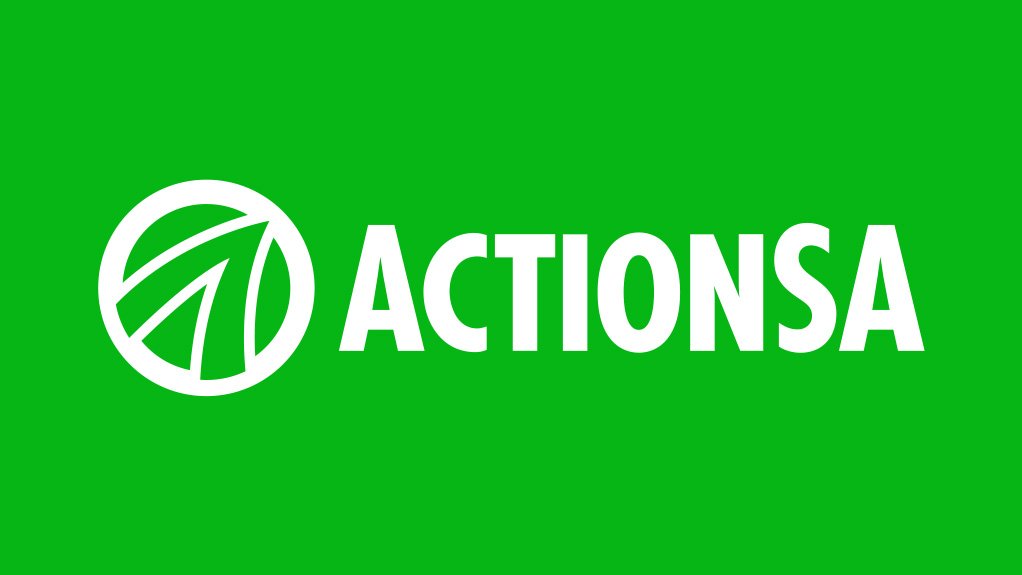/ MEDIA STATEMENT / The content on this page is not written by Polity.org.za, but is supplied by third parties. This content does not constitute news reporting by Polity.org.za.
ActionSA will write to the South African Human Rights Commission (SAHRC), requesting an urgent investigation into the ongoing medication shortage and related healthcare crisis unfolding across KwaZulu-Natal.
Following our oversight visit on 17 February 2024 to multiple districts, ActionSA will write to the Chairperson of the Health Portfolio Committee requesting an urgent hearing with senior officials from the KZN Department of Health to secure a comprehensive briefing on the crisis and its devastating impact on patient care in the province, similarly experienced in other provinces such as the Eastern Cape.
ActionSA’s request for a Human Rights Commission investigation is based on information received from healthcare workers, patients, and families affected by the medication shortage. This in conjunction with the shocking conditions observed at healthcare facilities we visited in KZN, including Eshowe Provincial Hospital, Benedictine Hospital, and Osindisweni Hospital.
During these visits, ActionSA's fact-finding oversight tour revealed the following key concerns:
- Severe shortages of essential medication, with no indication of when stock will be replenished.
- Alarming staff shortages impacting access to treatment.
- A critical ambulance shortage in the King Cetshwayo District.
- Healthcare workers being forced to use personal funds for patient care.
- Out of the 8 mobile clinics meant to service remote areas, only 3 are operational.
- In KwaNongoma, of the 24 wards, only 14 clinics are available to serve these areas, with the remaining areas relying on mobile clinics, which, as noted, are largely non-functional.
Crucially, based on our assessment and related information, we believe the shortage of essential medication and the worrying state of health facilities constitute a gross violation of several sections of the Bill of Rights, specifically the right to access healthcare, the right to human dignity, and the right to life.
It is important to highlight that ActionSA conducted these oversight visits as a last resort after our initial attempts to engage with the MEC of Health were met with unfounded accusations. Despite our calls for transparency, the MEC claimed that ActionSA was misleading the public. However, we possessed clear evidence that the MEC had not been truthful. Moreover, the public overwhelmingly expressed their frustration, condemning the department's denial of a crisis when people on the ground had been unable to access medication for over three months.
Following the MEC’s refusal to address our concerns, ActionSA formally requested that she provide dates for a joint oversight. Unfortunately, there was no response. We escalated the matter by reaching out to the Premier of KwaZulu-Natal, yet he disregarded our request as well. Given the lack of accountability, we were left with no choice but to proceed with oversight visits to various healthcare facilities across three district municipalities, and, as a final measure, wrote to the South African Human Rights Commission (SAHRC) to seek intervention.
ActionSA believes that the KZN Department of Health, led by MEC Nomagugu Simelane, has displayed shocking incompetence and a near-complete abdication of responsibility, both by blatantly denying the existence of the crisis and further failing to respond to the numerous concerns raised about the devastating impact it is having on communities.
It is for this reason that these officials must be compelled to appear before Parliament, simultaneously with the SAHRC investigation, and provide a detailed account of their role in this crisis, outline the immediate interventions to be taken, and present a plan of action to ensure the province mitigates any further failures that hinder access to quality healthcare in the province.
ActionSA believes this crisis demands immediate action from all stakeholders to prevent further decline of our healthcare system. The widespread failures restricting access to quality care and compromising patient treatment are not just failures, they determine whether people live or die.
Issued by ActionSA Member of Parliament Dr Kgosi Letlape
EMAIL THIS ARTICLE SAVE THIS ARTICLE ARTICLE ENQUIRY
To subscribe email subscriptions@creamermedia.co.za or click here
To advertise email advertising@creamermedia.co.za or click here











